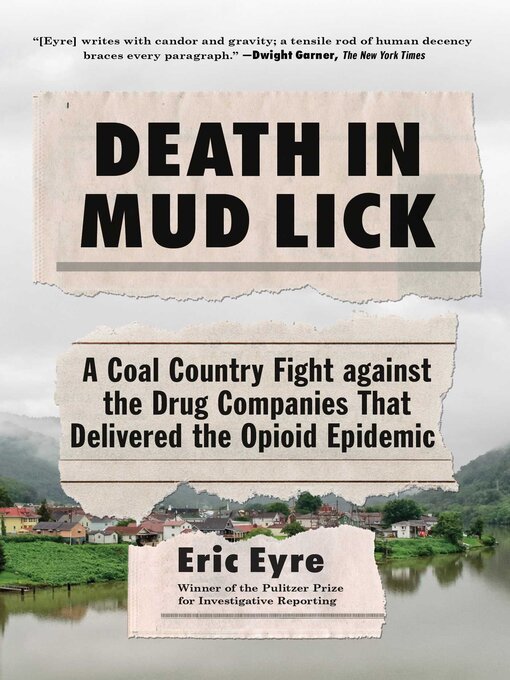- Available now
- New eBook additions
- Book Club Picks
- New kids additions
- New teen additions
- Series Starters
- Most popular
- Try something different
- Hits you may have missed!
- Skip the Line
- See all ebooks collections
- Audiobooks – No Waiting!
- Available now
- New audiobook additions
- New kids additions
- New teen additions
- Most popular
- Try something different
- New Audio
- Skip the Line
- Audiobooks for the Whole Family
- Listen Up: Great Narrators
- In Their Own Words: Celebrity Memoirs
- See all audiobooks collections




